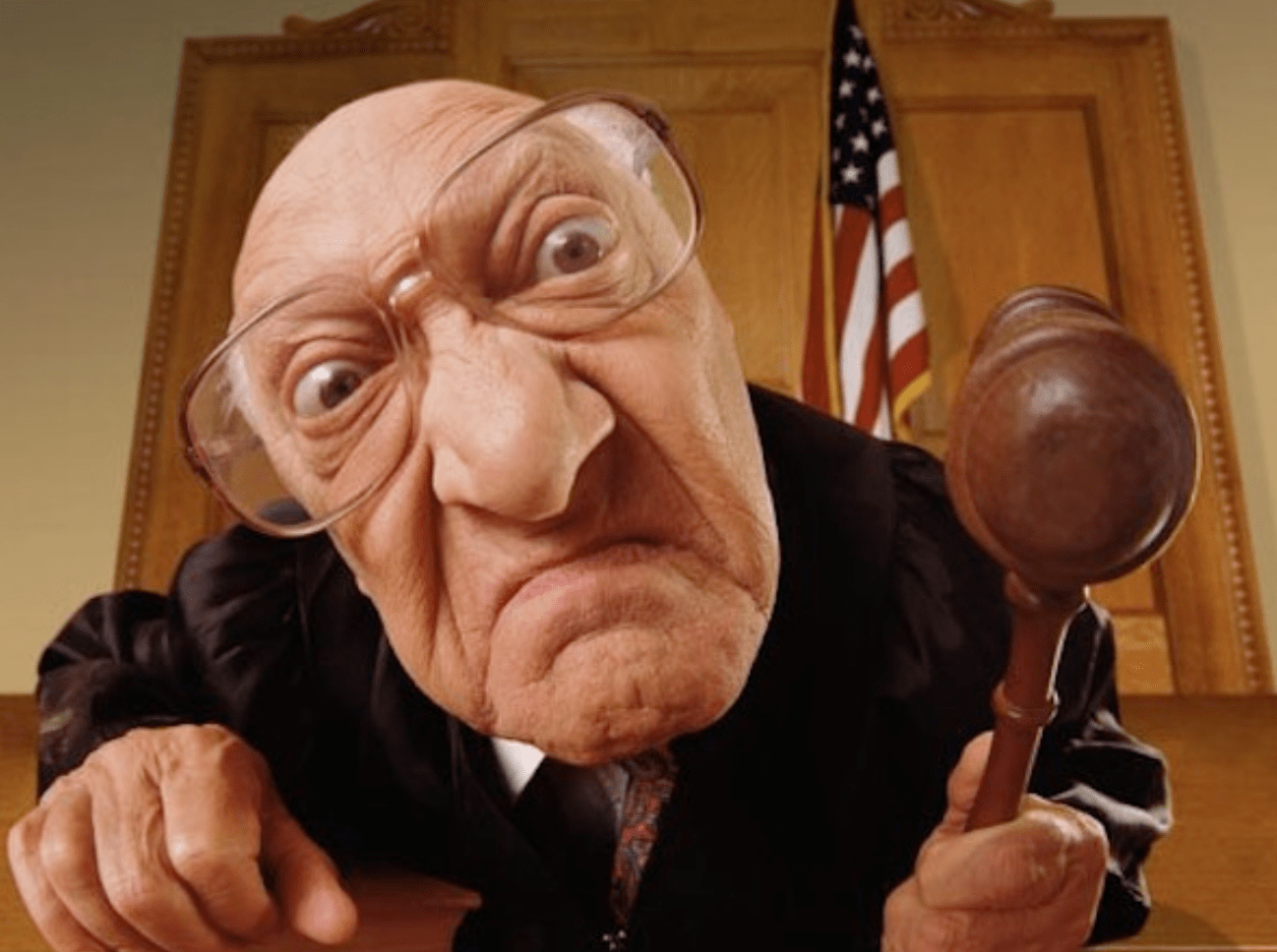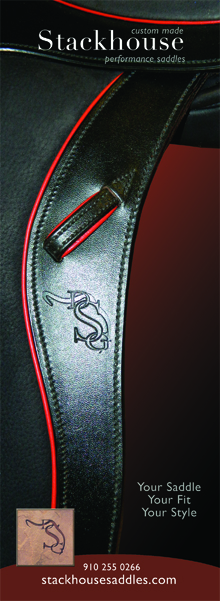Search the Site
Dr. Haefner's Blog post # 3: Who is Judging Whom?

How many times have you entered the arena to compete and found yourself obsessing about what someone else was thinking about you? Sure we worry about what the judges think, but we also worry about what almost everyone else thinks. We worry about the judgments of our trainers, other people’s trainers, family, friends, peers, as well as other competitors. Yet, at the end of the day, we have to wonder how many of those people, whose judgments we worry so much about, gave our performance more than a passing thought. The reality is that we are most often the only ones that are judging ourselves so harshly and ruthlessly.
In the world of equestrian competition, the people who are in the position to judge competitors have experience and training. The higher the level of competition, the higher the level of training and experience. Part of the reason for training judges is to assure that competitors are assessed fairly according to some agreed upon criterion. So here is my question. How much time have you dedicated to training your internal judge? Do you judge yourself fairly according to accepted and reasonable criteria that match your level of skill and experience, or do you judge yourself capriciously and harshly according to ever shifting criteria?
So many of the equestrian athletes I work with who suffer from performance or competition anxiety have an issue with their internal critic or judge. They might say they are worried about what others think, but at the end of the day they suffer most because of what they think of themselves. One of the most effective interventions for performance anxiety is to help athletes focus on judging themselves and their performance by their own internal measuring stick. However, this requires that our internal measuring stick is constructed carefully and fairly. In other words, we need to be sure that our internal judge is adequately trained and experienced so that we judge ourselves fairly and consistently according to reasonable and established criteria that are suitable to our level of skill and experience.
The next time you catch yourself being harshly self-critical try this exercise. Write down the criticisms that you are making of yourself. For each criticism, write down the specific criteria you are using to make that judgment. Ask yourself if the criteria you are using are objective and valid for competitors of your level of skill and experience in your discipline. If the answer is “yes”, set one or more specific goals to work toward before your next competition. If the answer is “no”, identify one or more reasonable, objective and valid criteria upon which competitors of your skill and experience could be fairly judged and set one or more specific goals which you can work toward before you next competition.
We can’t always control what others do to prepare themselves for the role and responsibility of being a judge. However, we can control our own training and in this way prepare ourselves to fairly and competently judge ourselves.
Blog by Dr. Paul Haefner @ www.RidingFar.com






